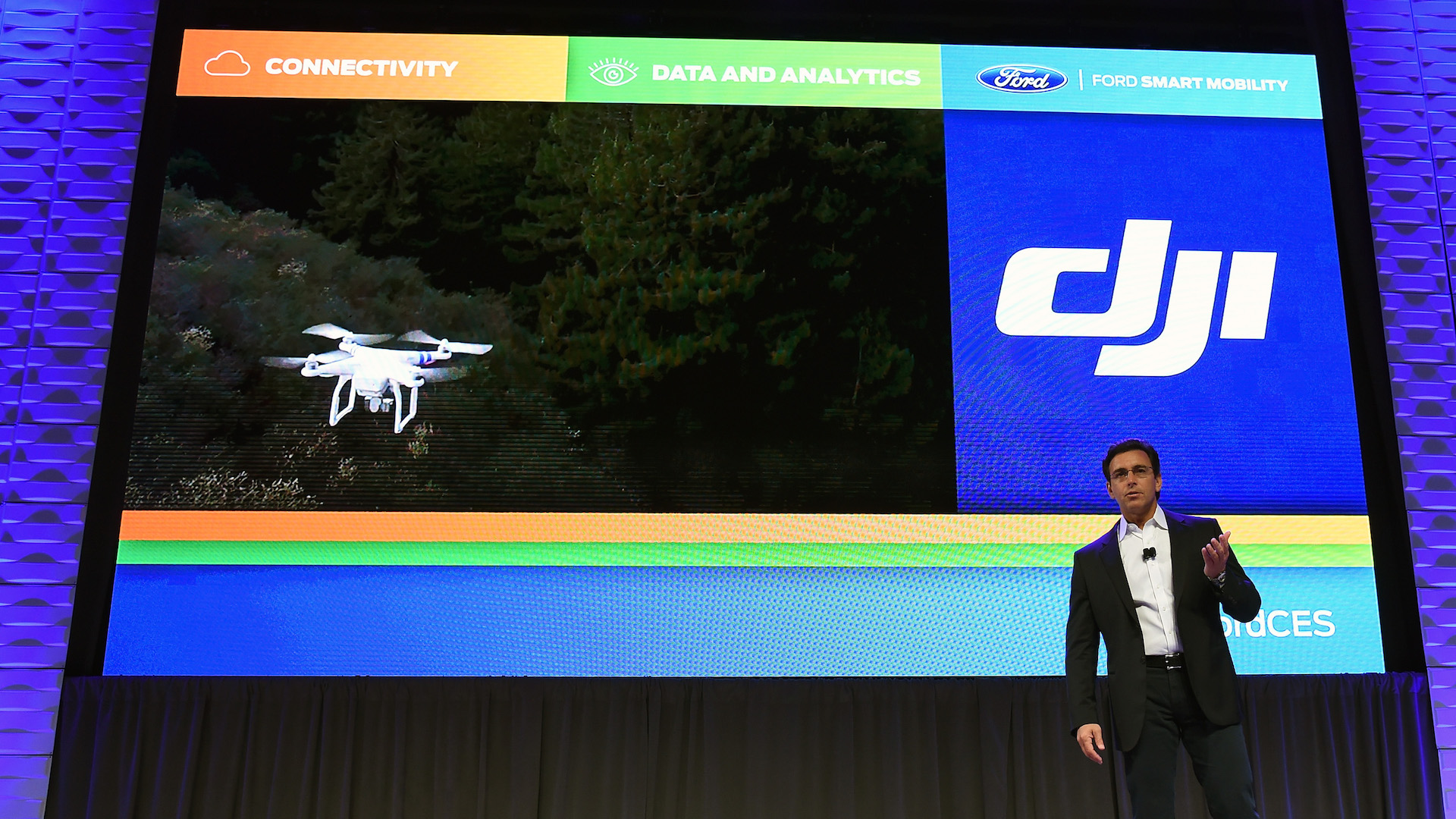

DJI, one of the biggest drone companies on the planet, is adding an offline mode to its unmanned aerial vehicles (UAVs) amidst recent cyber-vulnerability controversies that led the Pentagon to ban any and all DJI-related equipment from use by the U.S. Army. In a clear move to assuage fears and retain their image of reliability and security, the company hopes this decision will keep consumers—and entities such as the U.S. Army—from jumping ship.
We first learned of the aforementioned ban from sUASnews when it obtained a memo from the U.S. Army. At that time, it wasn’t clear what DJI’s next move would be. The memo stated that “due to increased awareness of cyber vulnerabilities associated with DJI products, it is directed that the U.S. Army halt use of all DJI products.” This latest development on DJI’s part is a logical step in the right direction, as any drone that isn’t uploading or receiving data to the internet should allow users such as the U.S. Army to breathe a little easier.
According to TechCrunch, this offline mode is being called “local data mode,” and will arrive before September comes to a close. DJI’s VP of Policy and Legal Affairs, Brendan Schulman, states in a press release that “We are creating local data mode to address the needs of our enterprise customers, including public and private organizations that are using DJI technology to perform sensitive operations around the world.”
Though it seems obvious that this is a direct response to the Pentagon’s ban on all DJI-produced equipment, the company claims in its press release that this “local data mode” has been in development for at least a few months. That could simply be defensive marketing on DJI’s part, or a simple matter of fact. What is clear is the company’s official stance on this. DJI’s corporate communications director for North America, Adam Lisberg, told TechCrunch that the company is “not responding to the Army, which has never explained its concerns to us.”
“We’re accelerating the rollout of something we’ve been working on for a while. We announced it today because enterprise customers with serious data security have made clear they need something like this for a while, and the Army memo reinforced that concern for them. So we’re addressing it quickly as part of our commitment to delivering what our enterprise customers need,” Lisberg said.
This is certainly a fascinating story that keeps evolving, with entities like the Pentagon and companies like DJI going back and forth through obtained memos and official press releases spurned on by them. We’ll make sure to keep you posted on this relationship between the Pentagon and DJI as it continues to unfold.